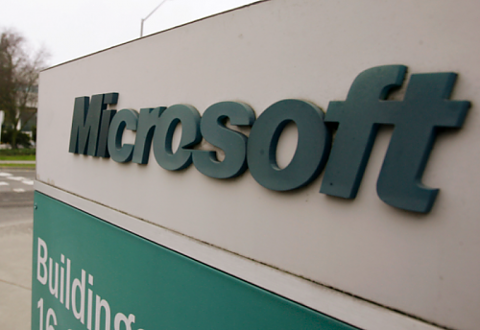For Microsoft, the 'Windows-First' Era is Over
The era of Windows is over. Actually, that’s not entirely true: Windows continues to run on hundreds of millions of desktops and laptops around the world. Everyone from gamers to business owners depend on it as a platform for apps and the Web. And Microsoft continues to draw a significant portion of its revenue from the operating system. However, Microsoft has signaled a new era that’s far less Windows-dependent. In an email to Microsoft employees last week (which the company then published online), Microsoft CEO Satya Nadella said the company would effectively double down on the cloud and the “intelligent edge” (i.e., the integration of A.I. and machine learning into products), while dividing the responsibility for maintaining Windows among various business units. Longtime executive Terry Myerson, who oversaw Windows, is leaving Microsoft. In essence, Windows software and hardware will become units among many, in stark contrast to the “Windows first” strategy pursued under Microsoft co-founder Bill Gates and Nadella’s predecessor Steve Ballmer. Nadella’s reorganization is a reflection of some broader realities: Microsoft failed to make much of a dent in mobile (despite devoting tons of resources to Windows Phone) even as mobile has become the primary computing platform for hundreds of millions of people worldwide. At the same time, subscription-based services and apps have evolved into major revenue drivers for companies. Depending on regular Windows releases to power the bottom line just doesn’t seem as viable as it did ten years ago; now the emphasis is on getting millions of users to shell out a relatively small amount of money every month for cloud-based products. That doesn’t mean Windows is going away; and for Microsoft-centric developers, the market for Windows-based apps will likely to continue far into the future (although it seems unlikely that the company will take a run at another dedicated mobile OS anytime soon). For those tech pros who have made significant investments in Microsoft’s cloud-based platforms, especially anything Azure-related, these corporate changes may even come as good news: the company isn’t likely to abandon support and updates for its cloud anytime soon, and may even accelerate the release of developer tools. In fact, if you’re a Microsoft-centric developer, now’s a great time to familiarize yourself with the company’s developer-facing efforts in A.I. and machine learning. That’s clearly where the company sees the future—which means that’s where it’s going to push its resources for tech pros. As more businesses embrace A.I. as a part of their strategies, A.I. knowledge will only grow in importance.

